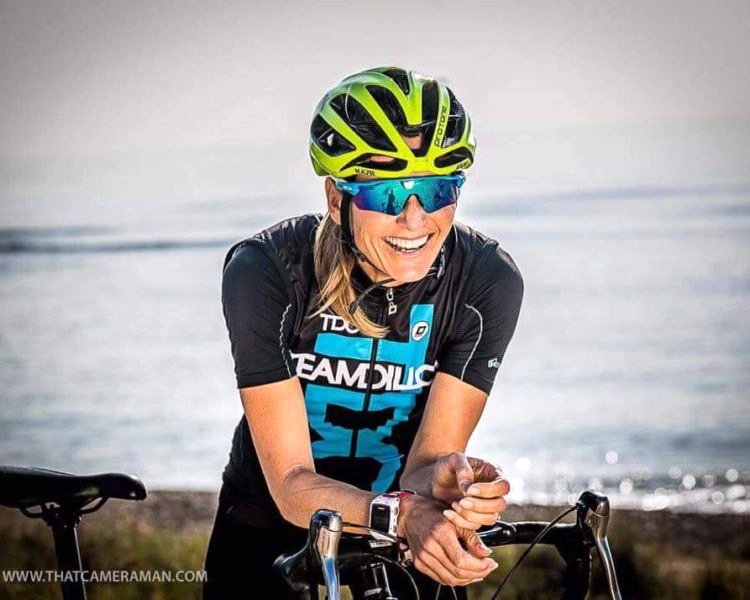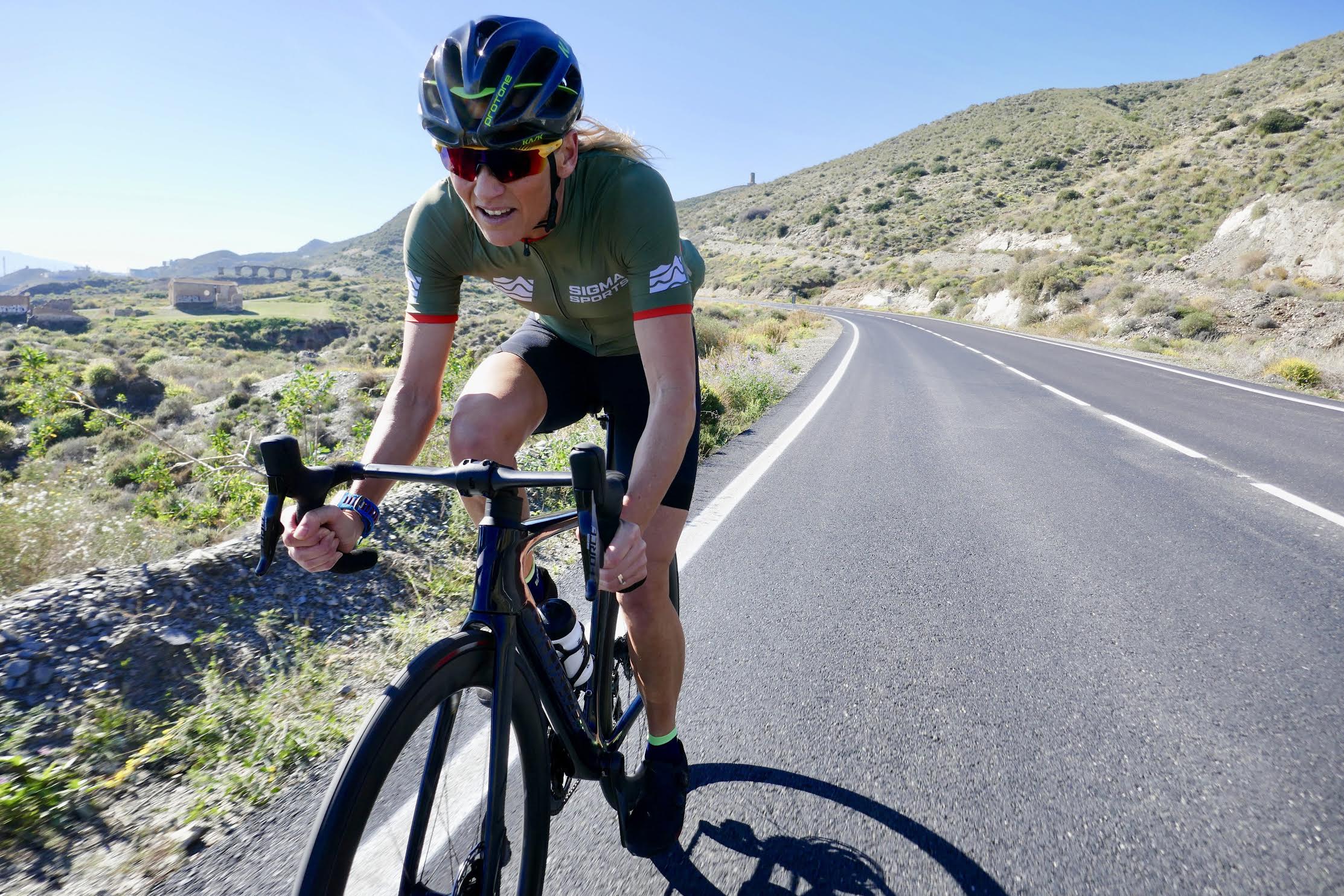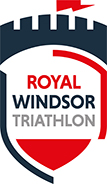Interview with former Olympian and world class triathlon coach Michelle Dillon

© Stuart Hayes
With the start of spring approaching, we can shake off our winter legs, emerge from hibernation and begin ramping up our training to meet our summer goals. Whether you are hoping to make up for previous 12 months or this year marks your first ever sports event, Michelle Dillon has some tips to help you plan out your 2021 training.
Big picture planning
As a former Olympian, current age group champion and world class triathlon coach for Team Dillon, Michelle undoubtedly knows her stuff. For any athlete, “getting to the start line is a matter of consistent training and staying healthy”, she says. “So, before you hit the training, take some time to plan out the bigger picture.”
“Three months plus is a really great place to start laying your foundations for the summer season”, says Michelle. “Use the first 4-6 weeks to build up your aerobic base. Your mileage is increased but the intensity is primarily low. You can still add in intensity using intervals and back to back brick sessions but overall, this period focusses on building endurance, not speed.”
“Over the second 4-6 weeks, build speedwork on top of this endurance base, increasing the intensity of the work as you progress. Your pre-race taper should reduce mileage but still be peppered with intensity. You wanted to be rested and fresh but avoid getting stale”, she explains.
Avoid overtraining
Michelle emphasises the need to be conscious of overtraining. “Many people tend towards overtraining. We have been somewhat conditioned to believe that more is always better but you need the rest and recovery to make the adaptations. Rest also freshens you mentally so you are more likely to stay motivated.”
For many amateurs, Michelle recommends spacing out your events so you have time for a little rest period post-race. This will “help you get ready physically and mentally for the next training block – and give you time to celebrate how far you have come!”
Beginner tips
“From a beginner’s point of view, it is probably best to get a coach”, she says. “You don’t know too much about the sport so take the shortcut rather than the long way around. You will save a lot of time if you have someone to guide you along.”
“It can be quite daunting at first”, she muses. “There are so many new things to think about, from transitions and nutrition to equipment and training.”
“That said, if you aren’t in the position to invest in a coach at the moment, try to read up as much as possible – there is so much out there online. Get the right balance in your training. Aim to get enough hours under your belt but make sure you alternate hard days with easy days and plan for at least one recovery day off per week.”
She recommends “focussing on the swim, especially if you are not from a swim background. Spend more time in water and join a swim squad if you can. Swimming with other people really helps build skills, confidence and will help you generally become happier in the water.”
Though variety is a good guiding principle for your training, “don’t be scared to repeat sessions. This makes planning a little easier, whilst a few staple sessions can help mark your progress.”
“Start building brick sessions into your schedule”, she adds. “These do not have to be long and intense; a short bike into a short run for example, to maximise your time and prepare for switching between the disciplines.”
And when the going gets tough? “Draw on all the hard work you do in the lead up to your event. Know you will go through some ups and downs. Be prepared for anything to happen out there. Plan your fuelling – if you eat well, you should have fewer dips. Most importantly, just don’t give up! Walk if you have to – one foot in front of the other!”
—
Feeling inspired? Join Michelle and Team Dillon at the 30th Anniversary Edition of the Royal Windsor Triathlon.

